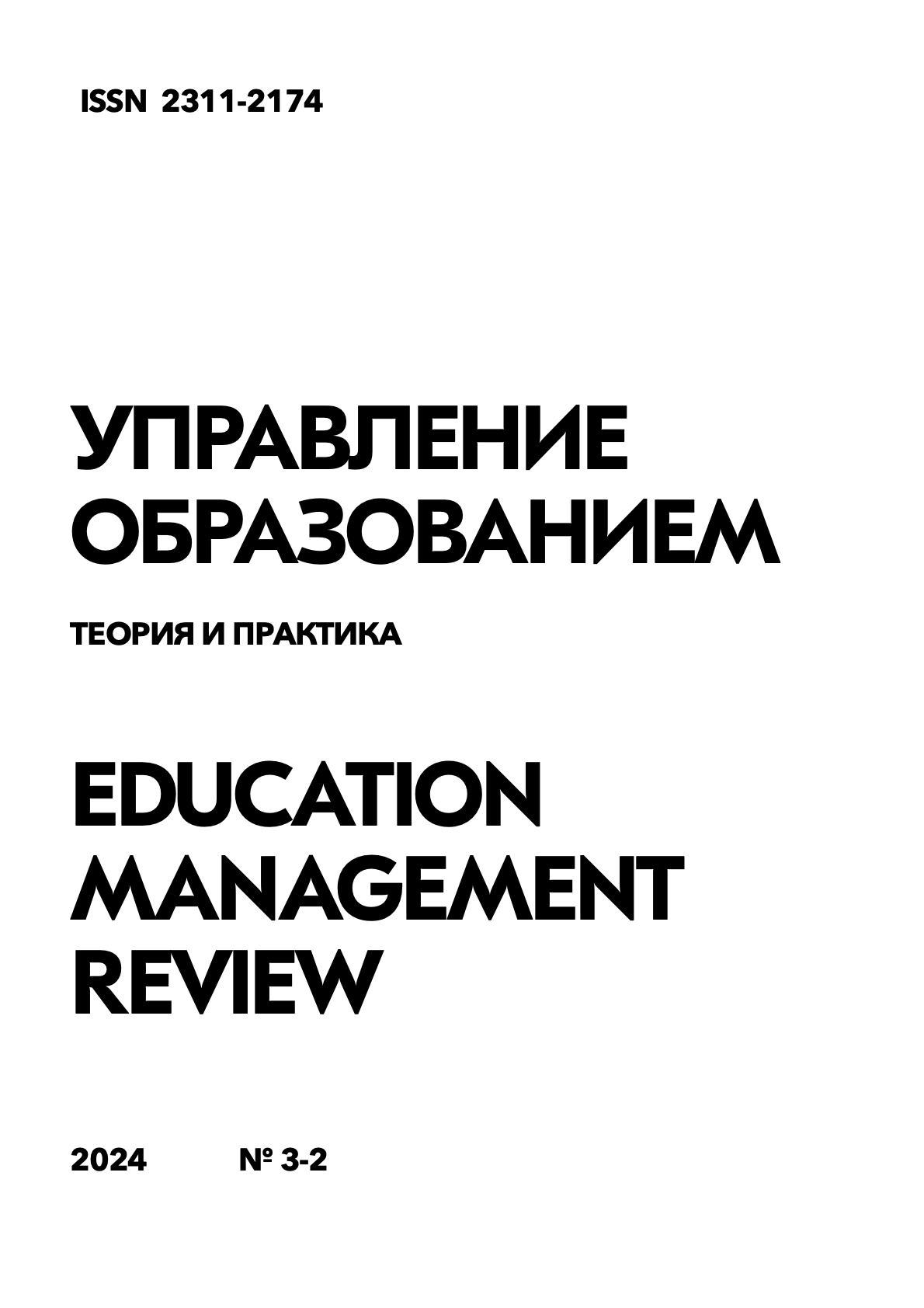Theoretical foundations of the formation of general cultural competencies among students of sports vocational schools
DOI:
https://doi.org/10.25726/x2517-2063-6674-aKeywords:
pedagogical activity, general cultural components, secondary vocational educationAbstract
Modern society is experiencing crisis phenomena associated with the loss of traditional values with cultural and historical roots; ideas about the welfare of the individual and society are being transformed under the influence of the paradigm of consumption and the challenges of the information age. The influence of mass media, digital information platforms, and social networks on people is increasing, and traditional forms of solidarity are being lost, which becomes an additional challenge and risk. These trends are found everywhere, becoming the global attitude of modernity. Models of education verified by history and culture are often considered as having lost their authority and strength, and as an alternative, ideas of pragmatic forms of education that would be suitable for training specialists in a narrow profile are put forward. In this shift of emphasis from the fundamentals of personnel training to the delineation of clear professional boundaries in education, the general cultural and personality–oriented components are inevitably lost. The purpose of the article is to determine them, as well as the set of labor functions of a teacher for the formation of general cultural competencies among students of sports vocational schools, taking into account the listed challenges of our time, which will be in demand in the future in a wide variety of his activities. The education system is designed to respond to the demands of the socio-economic development of society, and to the tasks of preserving cultural and national identity as one of the internal tasks of the humanitarian security of the state and the individual.
References
Болотов В.А, Сериков В. В Компетентностная модель: от идеи к образовательной программе // Педагогика. 2003.-№ 10. С. 8-14;
Бордовский Г.А. Управление качеством образовательного процесса. СПб.: Изд. РГПУ им. Герцена, 2001.
Быстрицкая Е.В., Дмитриев С.В. Диагностика процессов и методов формирования педагогической компетентности специалиста по физической культуре // Нижегородское образование. 2011. № 3. С. 55-63.
Валицкая А.П. Образование в России: цели и ценности. СПб.: Алетейя, 2021.
Зеер Э.Ф. Компетентностный подход к модернизации профессионального образования // Высшее образование в России. 2005. № 4. С. 23-30.
Киринюк А.А., Кирсанов К.А. Глобальные проблемы образования. В 2-х т. М., Национальный институт бизнеса. 2005.
«Ключевые направления развития российского образования для достижения целей и задач устойчивого развития в системе образования до 2035 г». 2020.
Кумбс Г. Филипп. Кризис образования в современном мире: Системный анализ. М., Прогресс, 1970.
Профессиональный стандарт 05 Физическая культура и спорт 05.012 «Тренерпреподаватель». Утвержден Приказом Министерства труда и социальной защиты Российской Федерации от 24 декабря 2020 г. N 952н (в ред. Приказа Минтруда России от 30.08.2023 N 686н). 2020.
Федеральный государственный образовательный стандарт среднего профессионального образования по специальности 49.02.01 «Физическая культура» (Приказ № 968 от 11.11.2022). 2022.
Федеральный государственный образовательный стандарт среднего профессионального образования по специальности 49.02.01 «Физическая культура» (Приказ № 968 от 11.11.2022). 2022.
Федеральный закон от 04.12.2007 N 329-ФЗ (ред. от 24.06.2023) «О физической культуре и спорте в Российской Федерации». 2007. 13. Щедровицкий Г.П. Система педагогических исследований (методологический анализ) // Педагогика и логика. Касталь, 1998. С. 17.
Щедровицкий Г.П. Система педагогических исследований (методологический анализ) // Педагогика и логика. Касталь, 1998. С. 17.




